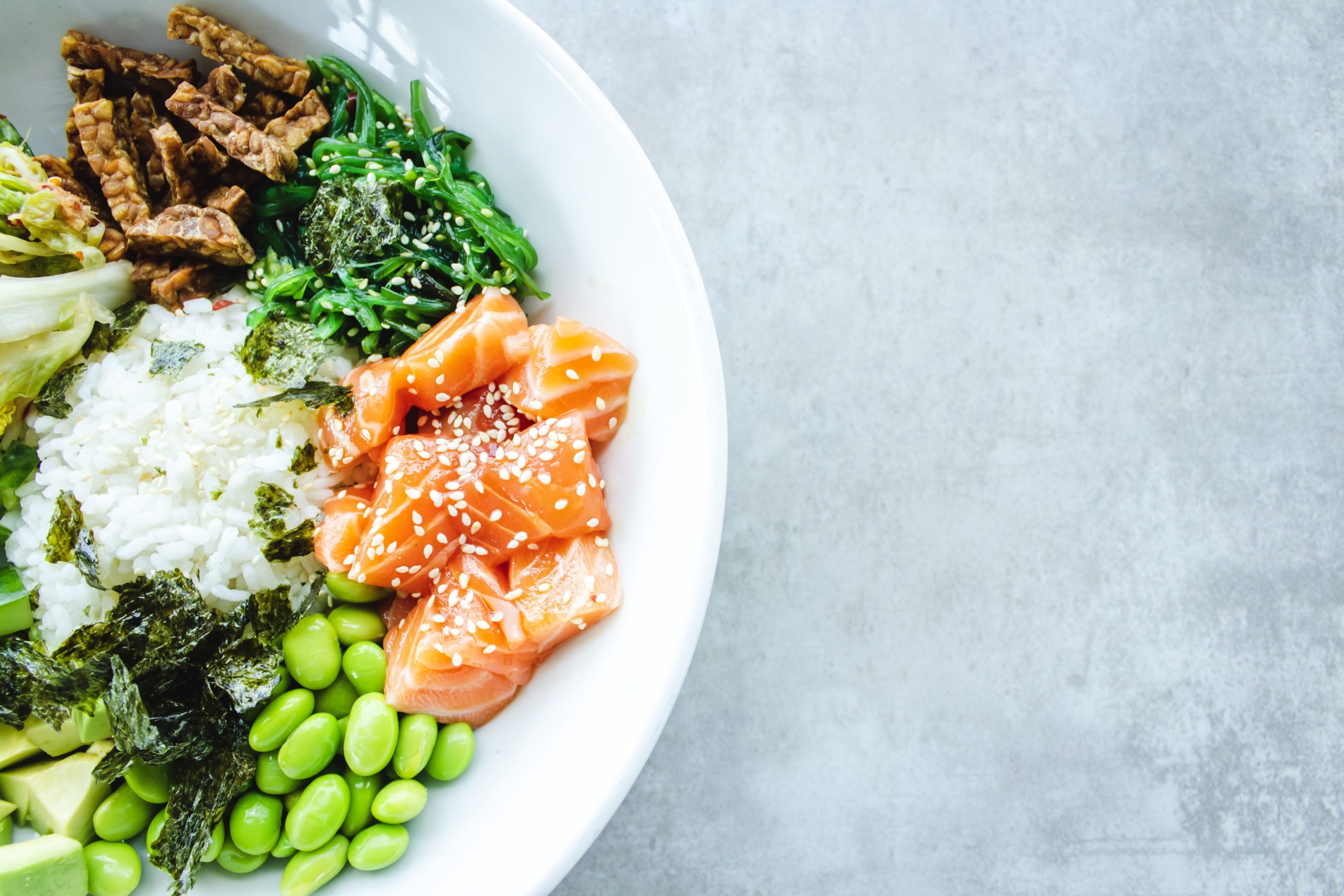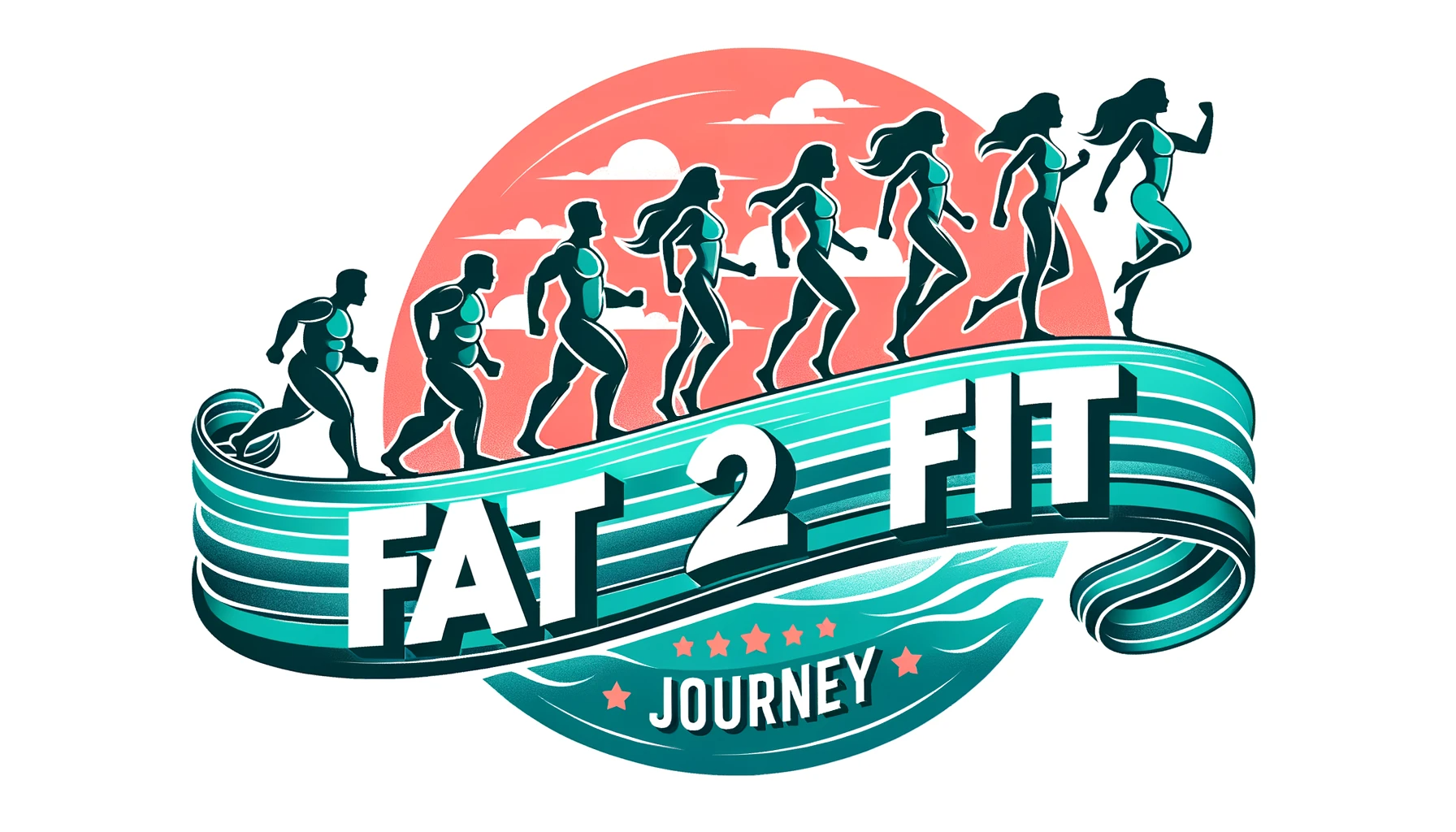In this comprehensive guide, you will discover valuable insights and practical tips on women’s nutrition and healthy eating. Packed with information tailored specifically for women, this article aims to equip you with all the knowledge you need to make informed choices about your diet. From understanding the unique nutritional needs of women to navigating the challenges of maintaining a balanced diet, this guide will empower you to prioritize your well-being and achieve optimum health. Whether you’re a young woman looking to establish healthy habits or a seasoned veteran seeking to fine-tune your nutrition, this article is your go-to resource for everything related to women’s nutrition. Get ready to unlock the secrets of a healthier and happier you!

Table of Contents
Nutritional Needs for Women
Caloric Intake
When it comes to caloric intake, it’s important for women to find the right balance for their bodies. On average, adult women need about 1,800 to 2,400 calories per day, depending on factors such as age, activity level, metabolism, and overall health goals. It’s crucial to remember that this number can vary and consulting with a registered dietitian or nutritionist can provide personalized guidance.
Macronutrients
Macronutrients, including carbohydrates, proteins, and fats, are essential for a woman’s overall health and well-being. Carbohydrates are a primary source of energy and should make up about 45-65% of your daily calorie intake. Focus on whole grains, fruits, vegetables, and legumes for healthier carbohydrate options. Proteins are crucial for building and repairing tissues and should make up about 10-35% of your daily calorie intake. Aim for lean proteins such as fish, poultry, beans, and nuts. Healthy fats, including sources like avocados, nuts, and olive oil, should make up about 20-35% of your daily calorie intake.
Micronutrients
Micronutrients, such as vitamins and minerals, are vital for women’s health. It’s important to include a wide variety of fruits and vegetables in your diet to ensure you’re getting a range of important micronutrients like vitamin C, vitamin A, folate, and potassium. Additionally, foods rich in iron, such as lean meats, legumes, and dark leafy greens, can help prevent iron-deficiency anemia, a common condition in women. Other key micronutrients to focus on include calcium, vitamin D, and omega-3 fatty acids.
Water Intake
Adequate hydration is crucial for women’s health. On average, women should aim to drink about 2.7 liters (91 ounces) of water per day. However, individual hydration needs may vary based on factors such as activity level, climate, and overall health. Remember that your water intake includes not just plain water, but also fluids from other beverages and foods. Staying properly hydrated helps maintain healthy bodily functions, promotes digestion, regulates body temperature, and supports overall well-being.
Balanced Diet for Women
Fruits and Vegetables
Fruits and vegetables are packed with essential vitamins, minerals, and fiber that are crucial for women’s health. Aim to include a variety of colorful fruits and vegetables in your diet, as different colors indicate different nutrients. Berries are rich in antioxidants, leafy greens are high in iron and folate, and citrus fruits are excellent sources of vitamin C. Be creative with how you incorporate them into your meals, whether it’s through salads, smoothies, or as a side dish.
Whole Grains
Whole grains have higher nutritional value compared to refined grains, as they contain all parts of the grain, including the bran, germ, and endosperm. They are excellent sources of fiber, B vitamins, and minerals. Opt for whole grain bread, brown rice, quinoa, oats, and whole wheat pasta to ensure you’re getting the most out of your grain intake. These foods provide sustained energy, aid digestion, and can help lower the risk of chronic diseases such as heart disease and type 2 diabetes.
Lean Proteins
Protein is important for women’s health, as it supports muscle growth, repair, and overall bodily functions. It’s essential to choose lean sources of protein, such as fish, skinless poultry, lean cuts of meat, eggs, dairy, beans, and legumes. These options are lower in saturated fat and provide essential amino acids necessary for building and maintaining muscle mass. Incorporating a variety of protein sources into your meals ensures you’re getting a wide range of nutrients.
Healthy Fats
Women need healthy fats for optimal brain function, hormone balance, and overall well-being. Aim to include sources of healthy fats in your diet, such as avocados, nuts, seeds, olive oil, and fatty fish like salmon or tuna. These foods are rich in omega-3 fatty acids, which are essential for heart health and can help reduce inflammation. Incorporating healthy fats into your meals adds flavor, satiety, and important nutrients to your diet.
Meal Planning for Women
Meal Frequency
When it comes to meal frequency, there is no one-size-fits-all approach. It’s important to listen to your body and eat when you’re hungry. Some women may prefer three larger meals a day, while others may prefer smaller, more frequent meals or snacks. The key is to find a pattern that works for you and helps maintain stable blood sugar levels, keeps energy levels consistent, and supports your overall health goals.
Portion Control
Portion control is an essential aspect of maintaining a balanced diet for women. It’s important to be mindful of portion sizes to avoid overeating and ensure you’re getting the right amount of nutrients. One helpful tip is to use smaller plates and bowls to visually control portion sizes. It’s also beneficial to pay attention to hunger and fullness cues, eat slowly, and savor every bite. Remember, it’s not just about what you eat but also how much you eat.
Meal Prepping
Meal prepping can be an excellent strategy for women who have busy schedules and limited time to cook. By dedicating a few hours each week to preparing and portioning out meals in advance, you can ensure you have healthy, balanced options readily available. This can include cutting up fruits and vegetables, cooking grains and proteins, and storing them in meal-sized containers. Meal prepping not only saves time but also helps you make healthier choices and avoid relying on less nutritious options, such as fast food or takeout.
Specific Nutritional Considerations for Women
Pregnancy and Breastfeeding
During pregnancy and breastfeeding, a woman’s nutritional needs increase to support the growth and development of the baby. It’s crucial to eat a well-balanced diet that includes all the necessary nutrients, such as folic acid, iron, calcium, and omega-3 fatty acids. Adequate protein intake is also important, as it supports the growth of the baby’s tissues. Pregnant and breastfeeding women should consult with their healthcare providers or a registered dietitian to ensure they are meeting their specific nutritional needs.
Menopause
Menopause is a natural phase of a woman’s life that brings hormonal changes and potential health challenges. During this time, it’s important to focus on maintaining a healthy weight, promoting bone health, and managing symptoms like hot flashes and mood swings. Incorporating calcium-rich foods such as dairy products, dark leafy greens, and fortified plant-based milk can support bone health. Additionally, incorporating flaxseeds, which are rich in lignans, and soy products can potentially help manage menopausal symptoms.
Postmenopausal Women
After menopause, women may face an increased risk of certain health conditions, such as osteoporosis and heart disease. It’s important to continue prioritizing a balanced diet that includes nutrient-dense foods. Adequate calcium and vitamin D intake are crucial for maintaining bone health, and regular exercise, including weight-bearing exercises, can help preserve bone density. Maintaining a healthy weight, consuming a variety of fruits and vegetables, and monitoring cholesterol levels are also important considerations for postmenopausal women.
Healthy Habits for Women
Hydration
Staying properly hydrated is crucial for women’s health and well-being. Water plays a vital role in various bodily functions, including digestion, circulation, temperature regulation, and nutrient absorption. It’s important to drink enough water throughout the day, aiming for about 2.7 liters (91 ounces) or more, depending on individual needs. Additionally, incorporating water-rich foods like fruits and vegetables can contribute to overall hydration. Remember to listen to your body’s thirst cues and prioritize hydration as an essential part of your daily routine.
Physical Activity
Regular physical activity is essential for women of all ages. Engaging in regular exercise helps maintain a healthy weight, supports cardiovascular health, strengthens muscles and bones, and can even improve mood and reduce stress. Aim for at least 150 minutes of moderate-intensity aerobic activity or 75 minutes of vigorous-intensity aerobic activity per week, along with strength training exercises at least twice a week. Find activities that you enjoy, whether it’s walking, dancing, swimming, or yoga, and make them a regular part of your lifestyle.
Stress Management
Managing stress is crucial for women’s overall well-being. Chronic stress can have negative effects on both physical and mental health. Find healthy ways to cope with stress, such as practicing mindfulness or meditation techniques, engaging in hobbies you enjoy, spending time with loved ones, or seeking guidance from a mental health professional. Prioritizing self-care and self-reflection can help reduce stress levels and promote a healthier, more balanced lifestyle.
In conclusion, women have specific nutritional needs that should be addressed through a balanced and varied diet. By focusing on caloric intake, macronutrients, micronutrients, water intake, and incorporating fruits, vegetables, whole grains, lean proteins, and healthy fats, women can optimize their overall health. Meal planning, including meal frequency, portion control, and meal prepping, can help ensure consistent access to nutritious meals. In various stages of life, such as during pregnancy, breastfeeding, menopause, and postmenopause, specific nutritional considerations should be taken into account. Additionally, adopting healthy habits such as staying hydrated, engaging in regular physical activity, and managing stress can further support women’s well-being. Remember, every woman is unique, and consulting with healthcare professionals or registered dietitians can provide personalized guidance for optimal nutrition and health.

